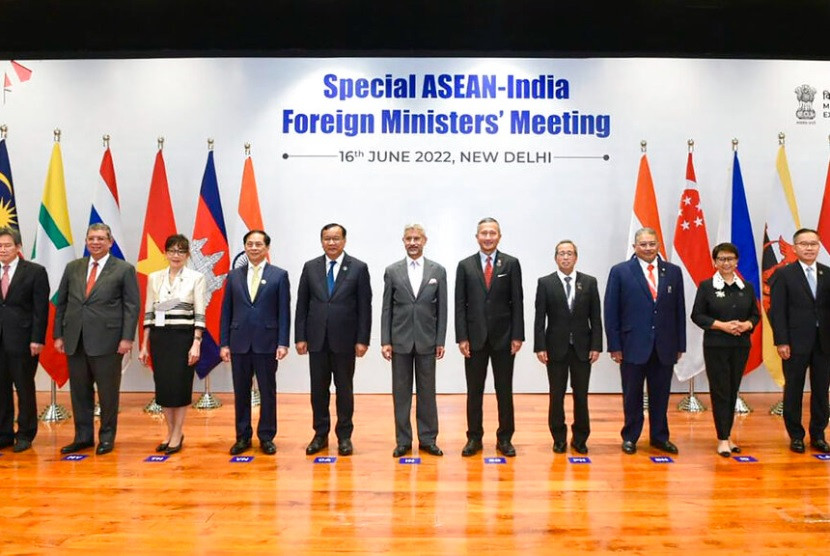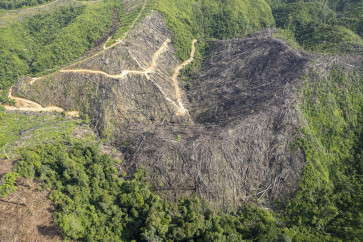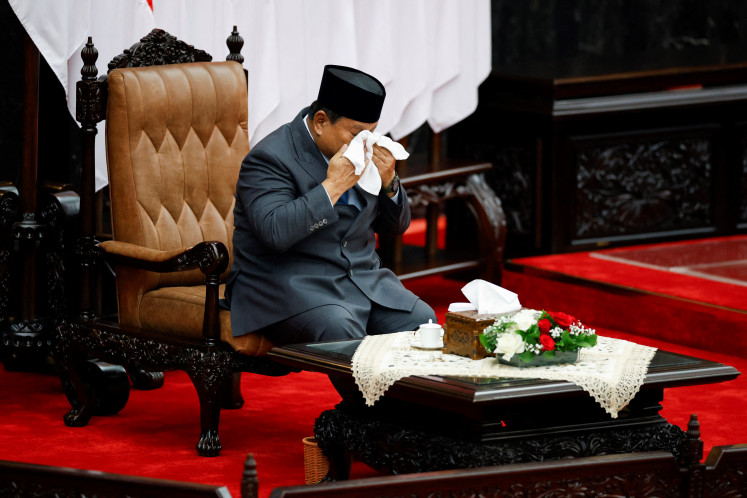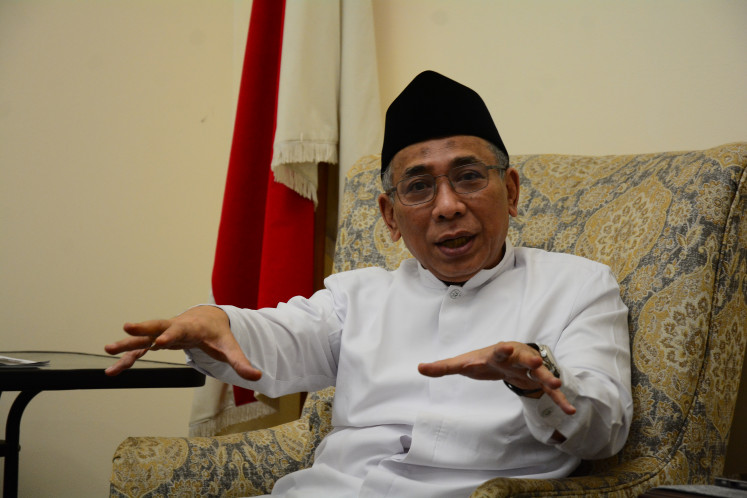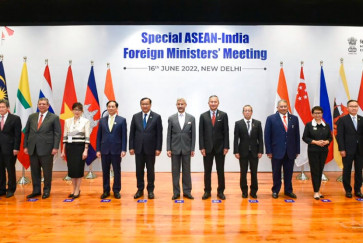Popular Reads
Top Results
Can't find what you're looking for?
View all search resultsPopular Reads
Top Results
Can't find what you're looking for?
View all search resultsIndia-ASEAN collaboration: Shaping a new global agenda for a multipolar world
With the Group of 20 and other efforts, India is demonstrating an ambition to bring about a new era of pluralism and coexistence.
Change text size
Gift Premium Articles
to Anyone

India holds this year’s presidency of the Group of 20 and has boldly stated its vision as Vasudhaiva Kutumbakam (One Earth, One Family, One Future). This is a departure from the previous (and often dry) themes of the G20 which are dominated by geopolitical issues and economic priorities of Western powers.
India’s tagline demonstrates the insertion of its culture and philosophy as well its desire for a more contemporary and non-western centric geopolitical narrative into the global agenda in a major way.
In many ways, India is now joining China in aspiring to reshape the substance of geopolitical relations away from the Western-led zero-sum-game framing of internationalism. With the G20 and other efforts, India is demonstrating an ambition to bring about a new era of pluralism and coexistence based on a strong appreciation of the need for a shared prosperity that is rooted in an age-old appreciation of socioeconomic limits, collective welfare and a departure from international relations based on exceptionalism and entitlement by exerting power and dominance over others.
This will not be easy for India given its own challenges, but to dismiss this new global vision by taking a cynical view is to risk not understanding how new narratives are critically important and are being created by rising powers to help the world move beyond the status quo.
Indeed, as the world moves away from the traditional power centers of the United States and Europe, it is important for other nations and blocs to consider their role in shaping a new global agenda based on the fundamentals of pluralism and cooperation drawing up their culture and historical experience.
Via the G20, India has an opportunity to contribute to a new global narrative and cooperative framework more suited to the challenges of our time by collaborating with another rising region: ASEAN. Together they will constitute about 2.5 billion people by 2050, a quarter of humanity.
The ASEAN-India relationship is as old as the hills and is now entering a golden age. Both have to seize the opportunity with a new mindset,

